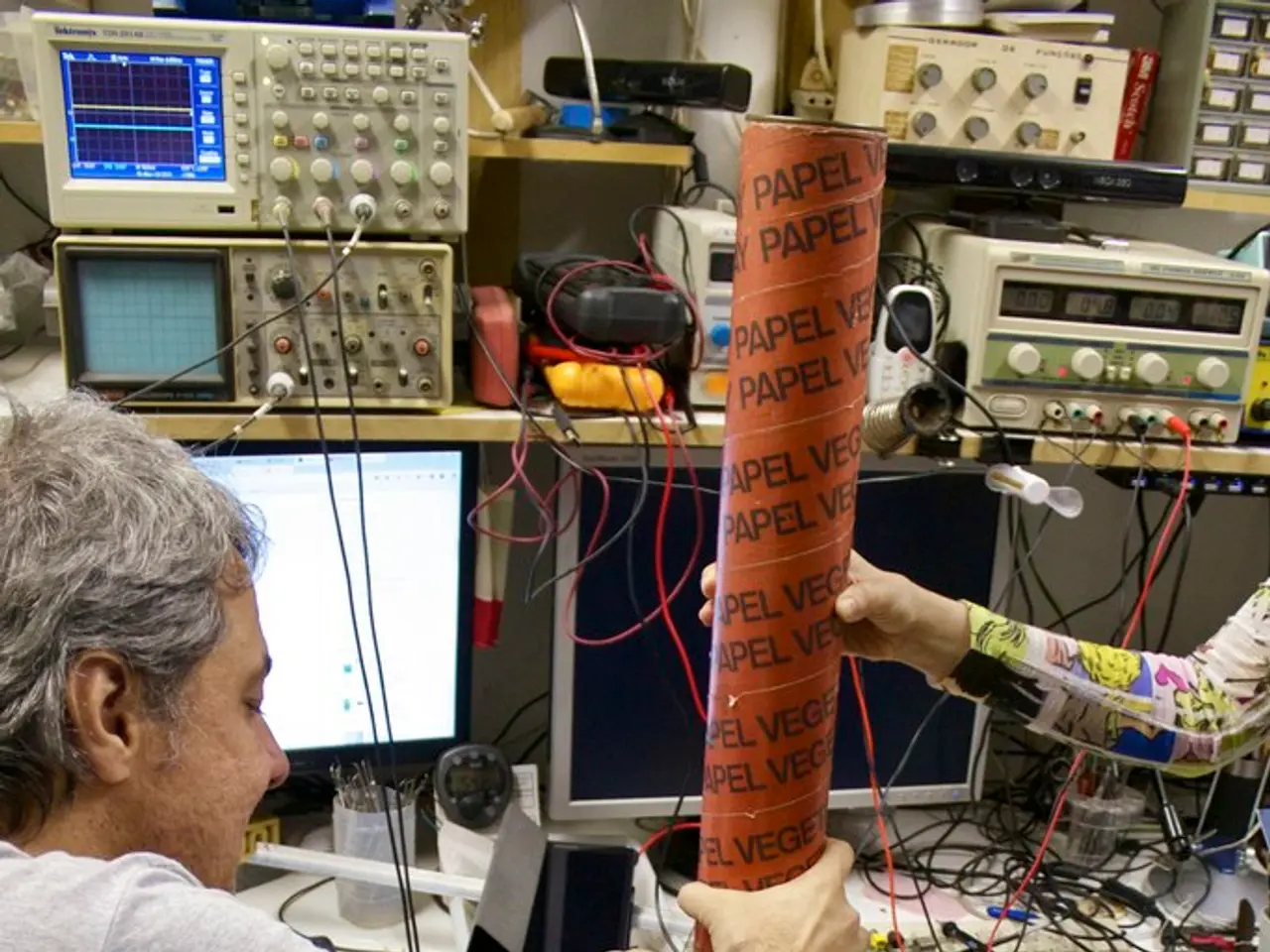Fifteen Evidence-Based Methods to Optimize Daily Efficiency and Capabilities
In the fast-paced world we live in, managing time and energy effectively has become more important than ever. Luckily, researchers and experts have uncovered a plethora of productivity hacks that can help us optimize our time and energy, increase focus, and reduce stress. Here are some of the top productivity hacks, as described by the Harvard Business Review (HBR) and related sources.
- Timeboxing: Allocate fixed time slots on your calendar for specific tasks to create boundaries and momentum. This blocks distractions and helps commit to work during peak performance times, such as mornings or early afternoons.
- Pomodoro Technique: Work in focused intervals (typically 25 minutes) followed by short breaks to maintain concentration and avoid burnout. This structure boosts mood, limits fatigue, and improves task completion efficiency.
- Plan Around Peak Energy Times: Identify your natural productivity peaks (e.g., morning hours) and schedule your most demanding tasks during these times to maximize output.
- Two-Minute Rule: If a task takes less than two minutes, do it immediately to clear small tasks out of your mental space and reduce cognitive load.
- Batching Similar Tasks: Group similar tasks like emails, calls, or meetings into specific time blocks to enhance focus and reduce task-switching delays.
- Mini Daily Planning Sessions: Start each day with a brief planning session to decide which tasks will fit into your available time or “pomodoro budget.”
- Use Technology Tools: Utilize calendar apps (e.g., Akiflow, Google Calendar) and productivity trackers (e.g., Pomofocus, Super Productivity) to implement scheduling techniques and maintain awareness of current tasks.
- Quality Breaks: Take active breaks involving movement or nature exposure rather than passive distractions like social media, to reset mentally and physically.
- Track and Adjust: Keep track of how actual task durations compare with estimated times and iteratively refine your scheduling and time allocation strategies based on this feedback.
- Avoid Overbooking: Respect your cognitive limits by planning a realistic number of time slots per day to avoid fatigue and reduced efficiency.
- Clear Mental Clutter: Regularly sweep short tasks and mental reminders (e.g., thrice daily “sweeps”) to maintain mental focus and improve the RAM-like efficiency of your brain.
- Set Boundaries and Reduce Interruptions: Timeboxing blocks prevent others from scheduling meetings during focused work periods, helping maintain sustained attention.
- Prioritize Meaningful Work: Focus the majority of your time and energy on tasks that produce high value rather than merely staying busy with low-impact activities.
- Customize Pomodoro Durations for Task Type: Adjust work and break intervals depending on task nature (creative work may benefit from longer focused times than administrative tasks).
- Iterative Improvement: Begin with manageable steps, maintain consistency in applying these hacks, and progressively enhance your time management skillset based on results and personal rhythms.
These productivity hacks combine scientifically supported time management techniques with practical behavioral strategies to optimize both time and energy—helping prevent procrastination, cognitive overload, and burnout while increasing meaningful output and focus. Moreover, a solid morning routine, as found by the American Psychological Association, can cut stress by 23% and help keep energy up all day. By incorporating these productivity hacks into our daily lives, we can boost our performance by up to 34%, as discovered by NASA, and significantly improve our overall well-being at work and in life.
- The Pomodoro Technique, a productivity hack, improves task completion efficiency by working in focused intervals, demonstrating how psychology influences education-and-self-development and personal-growth.
- By customizing Pomodoro durations according to task type, one can prioritize meaningful work and focus, showcasing how learning and productivity are interrelated.
- Effectively managing time and energy through productivity hacks, like timeboxing and clear mental clutter, not only enhances productivity but also contributes to personal-growth and overall well-being in work and life, as supported by research from NASA and the American Psychological Association.




